Universitetsavisen
Nørregade 10
1165 København K
Tlf: 35 32 28 98 (mon-thurs)
E-mail: uni-avis@adm.ku.dk
Section
The Canadian exchange student Landon Hildebrandt looks back on four months in Copenhagen. He shares three pieces of advice for future exchange students — and thinks UCPH could do more to help them get started.
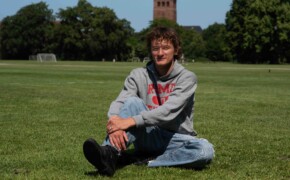
Valdemar Brobæk won the 2025 Danish poetry slam championship. With a bachelor’s in Classical Archaeology and a debut album on the way, he hopes his music will get more men talking about their feelings — something he’s struggled with himself.
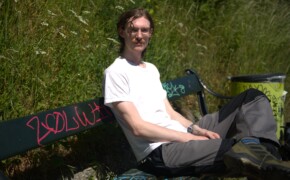
Humanities teaching at the University of Copenhagen has been affected by the discovery of mould in several South Campus buildings with online classes and extensive room relocations. We talked to students
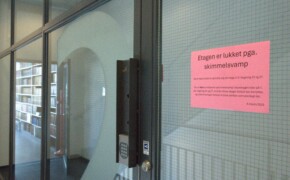
Students’ use of illegal copies is more widespread than ever — here are the consequences.

More than half of all students have had illegal pirated copies of textbooks. In the end, they risk fines and a criminal record. But that doesn’t stop students from engaging in the illegal practice.
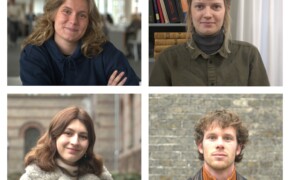
Landon Hildebrandt has traded Vancouver for a semester in Copenhagen, where he’s embracing city life — one bike ride at a time.
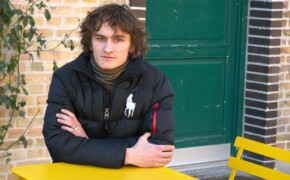
At one of the smallest study programmes at the University of Copenhagen they feel the great power rivalry up close — both academically and personally.

Housing benefits, bike hacks, and a mountain of cheap french fries. You can do many things to get your meagre funds to last that little bit longer. Here are a few University Post life hacks that will get you by until you finally just give up and get that student job.

Especially gender minorities and non-heterosexual students suffer from some kind of discrimination in their student lives. This is according to a new analysis from the trade union DM, which points to neurodivergent groups as particularly vulnerable

University Post student reporters went out on campus to talk to students about the University of Copenhagen elections. Most students had no idea what is at stake, but would like to know.
